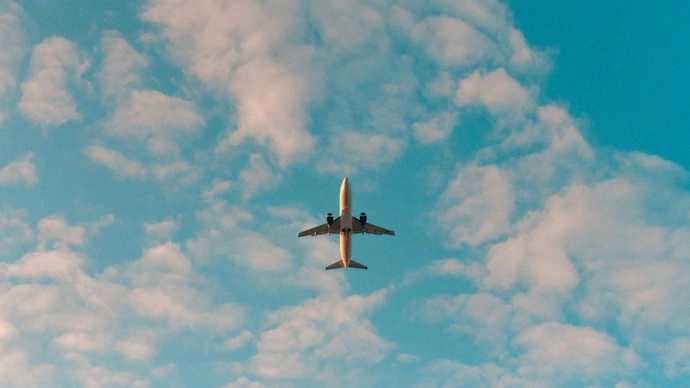
Flying hours, operation costs: How India shutting airspace will impact Pakistan
In a strong retaliatory move, India has issued a Notice to Airmen (NOTAM) closing its airspace to all aircraft registered, operated, or leased by Pakistan – including commercial airlines and military flights – from April 30 to May 23, 2025. The airspace ban is seen as a tit-for-tat response amid rising tensions following the deadly Pahalgam terror attack that left 26 people dead.
The move significantly escalates the diplomatic and operational standoff between the two neighbours. Pakistani carriers, including the national airline Pakistan International Airlines (PIA), will now be forced to reroute flights to Southeast Asian and Far Eastern destinations via longer paths through Chinese or Sri Lankan airspace.
This restriction is expected to cause major disruptions in schedules, increase flight durations, and lead to substantially higher operating costs for PIA.
Aviation experts estimate that many PIA flights will be extended by one to two hours, depending on their destination. The added travel time will require more fuel, longer crew duty periods, and possibly even force PIA to reschedule or reduce the frequency of certain services.
The airline, which operates a modest fleet of 32 aircraft, is already under pressure, and the closure of Indian airspace could strain its operations further. In comparison, India’s budget carrier IndiGo has a fleet of 372 aircraft, while Air India operates over 200, with hundreds more on order.
The brutal attack, which left 26 people dead, has sparked outrage across India and prompted a series of tough measures against Pakistan, including the suspension of the Indus Waters Treaty, revocation of Pakistani visas, and diplomatic downgrades.
Pakistani aircraft had already begun avoiding Indian airspace voluntarily, reportedly due to fears of possible retaliation after the attack. However, with the formal NOTAM now in place, Pakistan’s airlines will have no option but to fly longer and more costly routes.
Pakistan had previously shut its airspace to Indian flights in 2019 after the Balakot airstrike, which was carried out by India in retaliation for the Pulwama terror attack that killed 46 security personnel.





